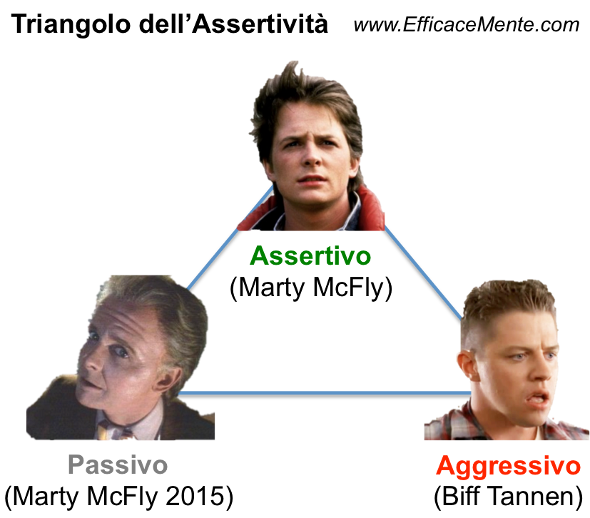Do you believe that the word infidelity only applies to couple relationships? You would be surprised to find that we have all probably been unfaithful at least once in our life. Unfaithful to ourselves for giving too much importance to the judgment of others or for having forgotten who we want to be.

Last update: January 02, 2021
Most of us associate infidelity with betrayal, loss of trust, and lying in a relationship. But can one be unfaithful to oneself? Is it possible to betray the emotional bond established with ourselves? The answer is yes. Put ourselves in the background e do not consider our opinion important because you are dedicated to seeking the approval of others is a form of infidelity.
Being afraid to show who we are to meet other people's expectations is not without consequences. The most important is hide, betray our essence, that is what makes us unique and unrepeatable.
What is infidelity?
Infidelity - from the Latin infidelitas - occurs when you are not loyal to someone or betray their trust. It can take many forms, but the most important is that which breaks with the agreements, implicit or explicit, established immediately with another person.
Infidelity therefore breaks the bond of trust between two people, bringing down one of the most important pillars on which a relationship rests. It is at this point that one begins to feel insecurity, fear, irritability, emotional instability or rejection.
A healthy relationship needs ingredients such as support, trust, protection, security and, above all, unconditional acceptance of oneself and the other. If you follow this recipe well, the cake will be delicious.
Seeking the approval of others, a form of infidelity
Although infidelity is a dimension usually connected to the couple, it can certainly be carried in the personal sphere, in the relationship we have with ourselves. We would be surprised how many times we have ignored each other, overshadowed or ashamed of ourselves, because we were looking for the approval of others.
Self-confidence is a difficult quality to develop, especially when we are in constant struggle with ourselves or when we want to model ourselves to the expectations of others. This need will be much stronger if we are afraid of being rejected. Many people are able to completely cancel themselves out rather than feel like they are.
In this case seeking the approval of others becomes a priority that empties our values or our emotions of all importance. In this way we are unfaithful to ourselves, to our tastes and ideals; we cultivate the seed of insecurity, from which derives a constant questioning about who we are and who we want to be.
"A man who finds no satisfaction in himself will seek it in vain elsewhere."
- La Rochefoucauld -
A sense of guilt and a desire to seek the approval of others
Infidelity is a dangerous game: the more we get consent, the more the desire to seek it increases; at the same time, however, we feel guilty for having set aside our principles. Isn't it strange that getting theapproval from others leads to an exponential increase in self-esteem and happiness. But it is a short-lived happiness.
Consent works like the waves of the sea: at first it generates a feeling of satisfaction, immediately after it takes it away. That is why it is so important to drop an anchor within yourself. Because what will always remain stable is our essence.
What prompts us to consider the judgment of others more important than ours?
The essential ingredient for establishing or maintaining a bond is acceptance of oneself and the other person. The problem is that generally the bond is understood as a relationship with the other. We forget that the first person with whom we must be able to enter into a relationship is us.
Accepting who we are or what we want, taking into account the possible misalignment with what the world asks of us, is the basis of self-confidence, the pillar we can lean on to never betray ourselves.
Us and our character
When we are victims of infidelity, everything we believed in and our plans crumble. Suddenly reality cracks and distrust arises as a result of disappointment in a future that has ceased to exist. It is therefore normal to feel lost.
This can also happen when we begin to become aware of the betrayal we have turned to ourselves; we feel lost, we don't know what to do or which direction to take. We have assumed the role of a fictional character for so long that the very thought of returning ourselves paralyzes us.
We no longer know what we really want, if our behavior responds to our initiative or to the expectations of others. It is like a struggle between the character we have invented and our true essence; a difficult battle which, if well conducted, can offer good results.
We become what we are only starting from the total and profound rejection of what others have made of us.
- Jean paul Sartre -
Just because it's difficult doesn't mean it's impossible. Making peace with our repressed identity is easier than making peace with another person. In the end, who never disappoints us is our essence. So, let's join hands and accept each other, just as we accept others.


























